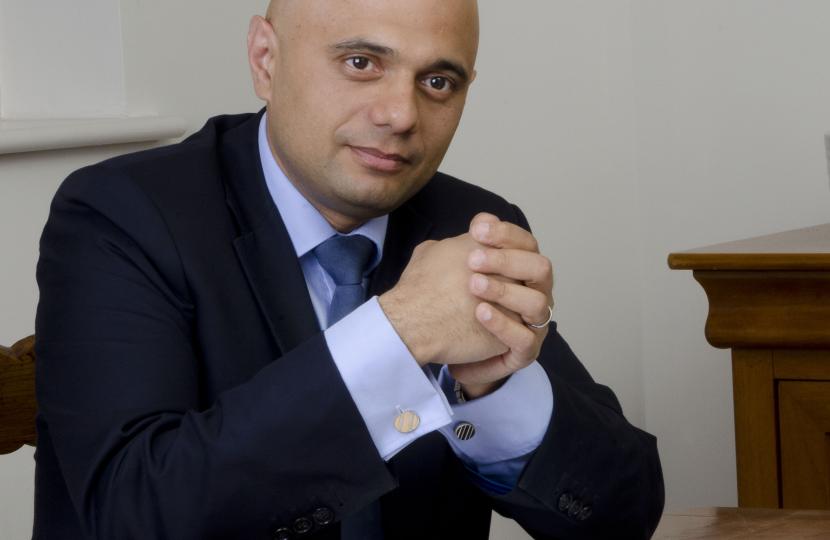Sajid Javid, the ex-chancellor, has thrown down the gauntlet for the Government to increase the national insurance employment allowance to £20,000 for small businesses.
Mr Javid has called for national insurance to be given a “significant temporary” reduction to make it cheaper for small businesses to take on staff.
>See also: How to reopen your restaurant, pub or hotel post-lockdown
“If we want to support and stimulate employment, then axiomatically the best option is to cut the payroll tax — employer’s national insurance,” Mr Javid said.
“Tax employment less, and all other things being equal you will end up with more of it.”
Many fear a coming tsunami of unemployment as small businesses are weaned off the Coronarius Job Retention Scheme, with the Bank of England warning of 10 per cent unemployment as Britain emerges post lockdown.
The proposal to lift the Employment Allowance ceiling is just one of scores of proposals in a paper he has written for centre-right thinktank the Centre for Policy Studies, setting out measures to boost the post-Covid economy.
>See also: How to deal with a furloughed employee who refuses to return to work
The former cabinet minister, who resigned from the Treasury in February, said “early hopes of a V-shaped recovery” had “proved optimistic”.
He predicted that “some long-term damage to the economy” had become “unavoidable”, with as many as 2.5m people out of work due to the Covid-19 lockdown.
But in order to speed up the rate of people re-entering employment, Mr Javid argued in the report After The Virus, published today, that ministers must make it easier for businesses to hire workers.
Mr Javid also warned Treasury not to try and claw back the £62bn the Government has spent so far on emergency coronavirus bailout support by taxing small businesses.
Mr Javid said: “Trying to restore the health of the Government’s accounts by clawing back money from Britain’s SMEs would take a scythe to any green shoots and stymie economic growth.”
Mr Javid’s 63 recommendations include:
- Cutting VAT by 3p, which would pump £60bn into the economy over three years
- Encouraging businesses to invest in their premises and social distancing measures by allowing improvements to be disregarded for the purposes of business rates valuation
- Establishing a British Infrastructure Bank, based outside the South East, with seed capital to fund infrastructure across UK regions and leverage-in private investment
Further reading
Landlords blocked from evicting small businesses for another three months





